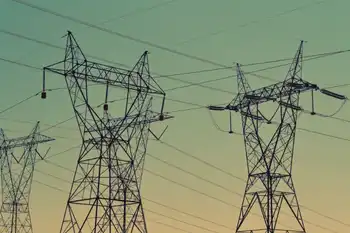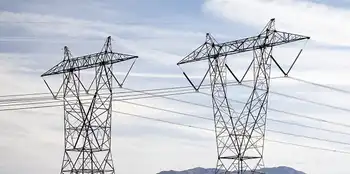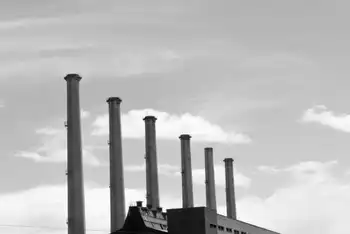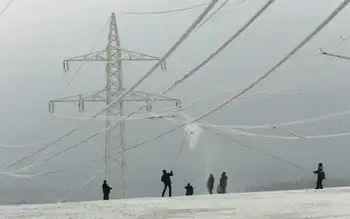Burying CO2 vital in climate battle: IEA
BRUSSELS, BELGIUM - Finding ways of safely burying carbon dioxide could be the only way of keeping greenhouse gas emissions below dangerous levels, the International Energy Agency's chief economist said.
Carbon capture and storage (CCS) is seen by industry and some lawmakers as a possible silver bullet in the fight against climate change as it could curb growing emissions from coal plants.
But it has never been tested on a commercial scale and it is strongly opposed by some environmentalists, who argue it is unsafe, will not be ready in time and could divert investment away from truly green sources of power.
IEA Chief Economist Fatih Birol said CCS was the technological breakthrough the world was looking for in the fight against global warming, and any economic and technological challenges could be overcome with government support.
The EU says any warming of the climate by more than 2 degrees Celsius over pre-industrial levels will bring more damaging heat waves, storms, coastal flooding and water shortages.
The bloc has adopted ambitious targets to cut greenhouse gas emissions by a fifth by 2020 from 1990 levels.
However, a United Nations panel of scientists says that target will be hard to achieve and that its best guess for temperature rises this century is between 1.8 and 4 degrees Celsius.
"What we need is a key technology, which is carbon capture and storage," Birol told a briefing with Brussels think-tank the Lisbon Council.
"This is a key technology that can take us to the 2 degrees if it is pushed appropriately, at the appropriate time and appropriate conditions," he said.
Carbon capture has become a contentious issue in recent weeks, with EU lawmakers debating new CCS legislation in the European Parliament.
Greenpeace issued a report earlier this month describing the technology as a "false hope", but some other green groups including WWF see it as a vital stop-gap.
Birol added: "At the G8 meeting next month in Hokkaido in Japan, this will be our message: If you are serious on the climate change issue, your support, and the support of carbon capture and storage, will be your litmus test."
He also said the promotion of CCS would be a key part of the IEA's annual report in November, which would include a recommendation that the UN-led Kyoto scheme starts rewarding CCS in its clean development mechanism.
Companies preparing CCS projects include StatoilHydro, E.ON, RWE, Scottish & Southern Energy, Scottish Power, owned by Iberdrola, and a joint venture between BP and Rio Tinto called Hydrogen Energy.
Related News

Why Is Georgia Importing So Much Electricity?
TBILISI - In October 2017, Georgian power plants generated 828 mln. KWh of electricity, marginally up (+0.79%) compared to September. Following the traditional seasonal pattern, the share of electricity produced by renewable sources declined to 71% of total generation (87% in September), while thermal power generation’s share increased, accounting for 29% of total generation (compared to 13% in September). When we compare last October’s total generation with the total generation of October 2016, however, we observe an 8.7% decrease in total generation (in October 2016, total generation was 907 mln. kWh). The overall decline in generation with respect to the…




